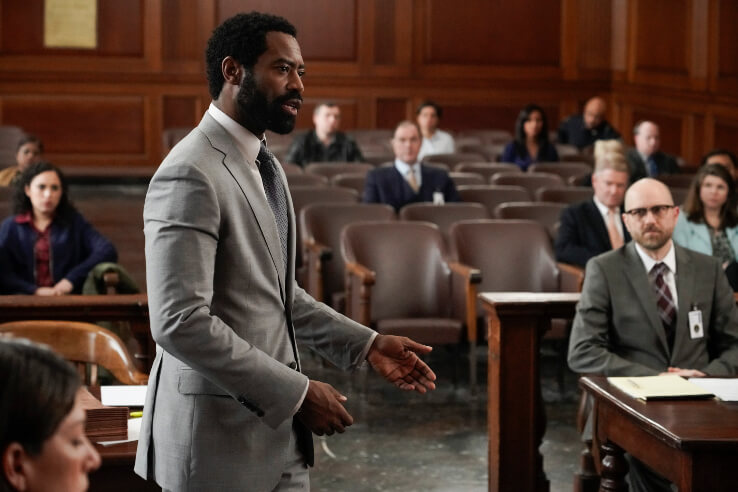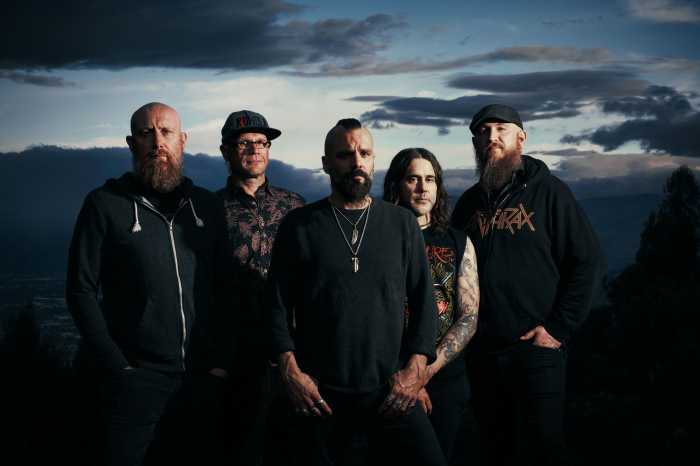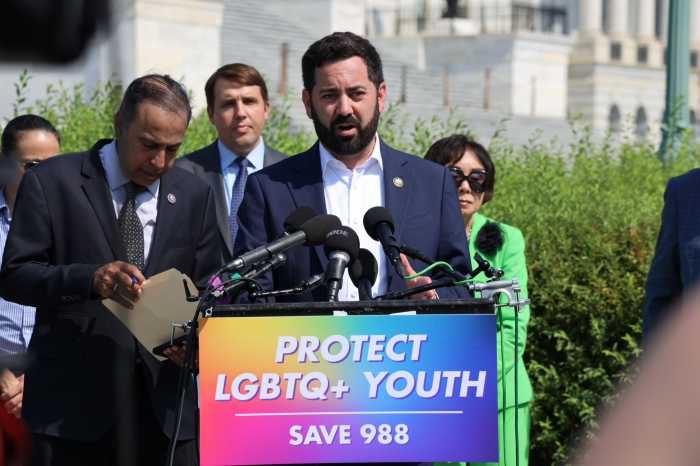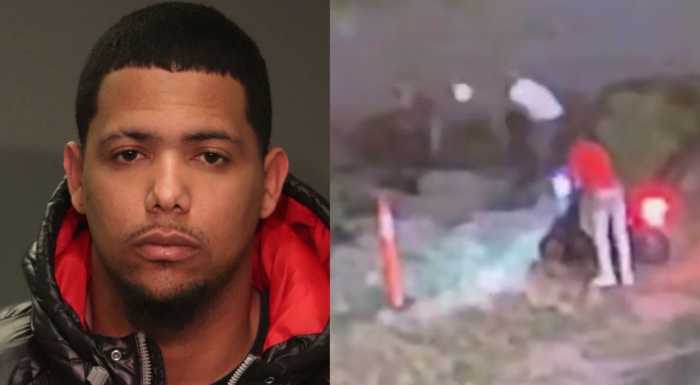Throughout life, we are inspired by stories. Some are true, some are fictional, but nonetheless, they can cause a variety of emotions in audiences. When it comes to the story of Isaac Wright Jr. however, the truth is scarier than any fictional horror story, but the results provide one plotline that proves anything is possible when you dig deep enough in yourself.
In 1991, Wright was tried in a Somerset County courtroom and convicted under New Jersey’s drug kingpin law. His innocence didn’t save him, instead, he was sent away for life. Wright chose to represent himself throughout the process, and after going to prison, he continued to study the law and even helped other inmates with their cases while vigirously rallying for his own appeal.
After 7 years, his charges were dropped, and after going to law school, Wright now practices law to “help those who cannot help themselves.”
His incredible story is the focus on ABC-TV’s new series “For Life,” produced by 50 Cent. The series shines a light on a lot more than just a corrupt system — it showcases the tenacity and will power of the human spirit.
Isaac Wright Jr. sat down with Metro to discuss more about his life and the unbelievably moving show.
Since you are well versed in law, what would you say went wrong in your case to cause you to be arrested and convicted when you were innocent?
The simple answer to that question is everything, I can’t really pinpoint one thing that went wrong at the time. This prosecutor, Steven Bissell, was already engaged in specific types of conduct that were criminal in nature. Things came out later on. One of those things was that he targeted individuals, some were people that he didn’t like, some were people that for one reason or another disagreed with him. One was a superior judge that he had targeted to get pulled over and threatened to get arrested because the judge had ruled against him in a previous preceding. So I moved to that area of New Jersey with all of these things already going on. I had a life obviously before I moved to New Jersey and when I first moved to New York, I wasn’t doing well at all. I was very, very young, 19-20 years old and I moved from one bad neighborhood to another. I had friends that I accumulated through my ride to different neighborhoods — a lot of them were not on the up and up. That was one of the things that made me vulnerable because the company that I kept was not really good for me. [At the time] they were investigating other people, and I lived in a totally different county, but those people were friends of individuals that I was hanging out with. A group of police officers took down certain license plate numbers, and they started investigating those individuals, so that’s actually how I came to be on his radar and initially got targeted. Tie that in with this scheme, and then eventually, I was arrested.

What role did studying the law play for you after getting arrested?
It actually became a weapon. It didn’t start off that way, at first it was my only alternative. When I was arrested, I didn’t really understand how much trouble I was in until I really began to see what was happening and what they were doing. I’m a young man, just a kid — I’ve never gone to prison before and I had a certain outlook on how things were supposed to happen. When I started really finding out what it was about, it was just a situation where my only alternative was myself. I had attorneys come and sit down with me, and every single one would say that the best they could get me was 20 years. I think maybe only one had said that if I begged enough, for lack of a better word, I could probably get you 15. Before they even sat down with me, they would call the prosecutor’s office and try to get information on the charges and after speaking with the prosecutors, it was basically a lost cause conversation. That was really one of the catalysts that caused me to understand that I was going to prison. The way it was set up, I was intelligent enough to understand that I was going to prison and there were no ifs about it. After more time passed and I began discovering and looking at things, like people’s names that I never knew and information that was totally fabricated, then I knew I was going away for life. So all I had was myself at that point. If I was going to go to prison for the rest of my life, I was not going to have someone else sit beside me. This was all before I even knew that I had a knack for the law. I began to understand though that something different was going on with me, and I began to read law books, and it was natural. I felt like I had been doing it for decades.
How did your story get turned into “For Life”?
There was a friend of mine running an illegal fight club in the Bronx. They were held in garages, junkyards — things like that. He was also a friend of 50 Cent, and he was getting rappers to come out and to perform at intermission at these fight clubs. But 50, even though they were friends, wouldn’t come out to perform unless it was legitimate and legal. These guys went through several lawyers and eventually came to me. The guy told me his problems, and within two weeks, I got them to be legal. 50 came to perform, and the gentlemen explained to him who I was and my story. I sat down with him and talked to him, and he told me that he would like to move through a process of trying to get my story made into a TV series. He actually rejected the movie idea and said that he believed that this would be something that people would want to see every week. So, that’s how that happened. I was there from the beginning, from it being picked up to being on set. I was deeply involved with the process. The first episode is really extraordinary, and it just gets better from there.

Was it a cathartic experience for you seeing your story come to life onscreen?
It was surreal. I went through a lot of different emotions because I never really had a chance to grieve for myself. I had spent so much time fighting that I never really knew how much time I had spent suffering. It was such an intense and aggressive undertaking, not only was I fighting for myself, when I was inside I was also fighting for other people. There was hardly time to breathe. So I had time to grieve onset, and I was moving through this process and it gave me the ability to kind of watch my suffering as a third person. It was an incredible experience. It brought back a lot of memories that I don’t really like to think about, but overall, it was very therapeutic at times and it lifted weights that I didn’t even know that I was carrying until it was gone.
Overall, what do you hope audiences take away from the show?
The main thing is hope. After that is inspiration. Life is not easy, anything that has any kind of positive aspect to it, if I could just round it out in one word, it would be happiness. The thing that I can say about happiness when it comes to being alive — we all struggle for that. It’s not just something that is given to us. We set goals and we have families, and everything that we do from the time we wake up to the time that we go to sleep is this vigorous cycle to just be happy. This show, I think, is an underdog show that anybody moving through life can relate too. This is an individual that has encountered tragedy in life and he is struggling to overcome those adversities and that tragedy. He’s not only struggling to overcome it, but to also change it and to be a representation of the better part of what it means to be alive. I think everybody is going to see something on this show in themselves. Not only with hope and inspiration, but with the understanding that the answers to all of your questions and your challenges are within you. All you have to do is dig deep.
Catch “For Life” Tuesdays on ABC at 10 p.m. ET































